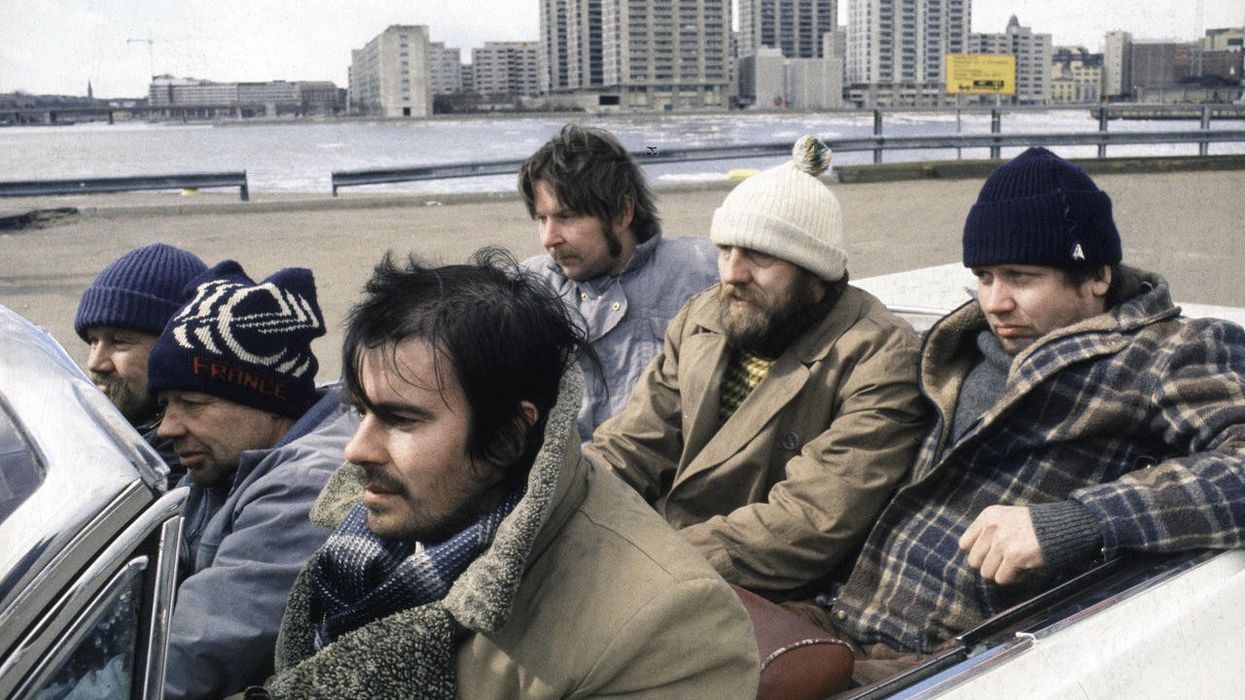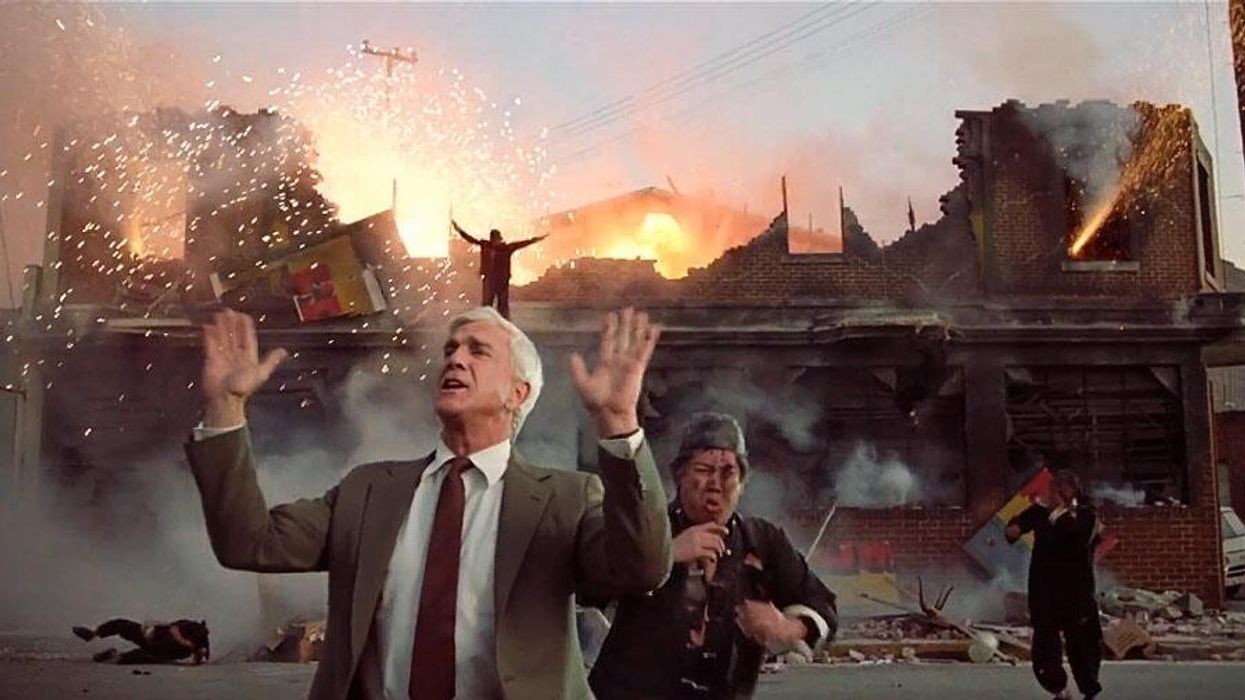Watch: Why Does Aki Kaurismäki's Cinematic Cynicism Make Us Laugh?
The "hopeful cynicism" of Oscar-nominated Finnish director Aki Kaurismäki is examined in this new video essay.

Aki Kaurismäki's first film in six years, The Other Side of Hope, is garnering wide acclaim, including an award for Best Director at the Berlin International Film Festival. The Finnish filmmaker, an acknowledged and massive influence on American director Jim Jarmusch, is also the subject of this new video essay by Lewis Bond, aka Channel Criswell, which looks at the "hopeful cynicism" of the Finnish master's laconic, deadpan comedies. Given the film's subject matter (the Syrian refugee crisis), as well as the fact that Kaurismäki recently announced his retirement from directing, ostensibly because he is "tired," the essay couldn't be more timely.
As Roger Ebert observed, in a review of his 2002 Oscar nominated film The Man Without a Past (Kaurismäki boycotted the ceremony), "His characters don't smile much, they nod sadly a lot, they smoke and think and expect the worst." But in Bond's essay, a solid case is made for filmmaker's essential humanism, because, after all, "to laugh at one's own situation is to dwindle one's own ego." If this is true, then the question becomes, what is it about the bleak situations of these films that makes us laugh?
"It's all the same story. People try to survive in the world they were born." -Aki Kaurismäki
Bond's opinion is that while the director's aesthetic contains a fascination with the pathetic, there's also a real vein of warmth of "hope and possibility" that runs through the films, and this is, somewhat paradoxically, thrown into sharper relief by the deadpan style and sad-sack situations of his stories. His new film, The Other Side of Hope (which will also, per his announcement in Berlin, be his last) tackles the issue of refugees, with a plot that centers around the friendship between man who buys a sushi restaurant with the winnings from a poker game, and a refugee seeking asylum in Helsinki.
In a statement that seems to prove Bond's point, the writer/director/ producer/editor said in a recent interview that the subject matter was one of the reasons that he "wanted everyone to see that refugees are human too. Cinema can influence a tiny bit. One penny makes a big river.” In this essay, Bond, by examining the career of a great director, gets to the heart of the big-heartedness that lies behind the flat exteriors of his characters.
Source: Channel Criswell











